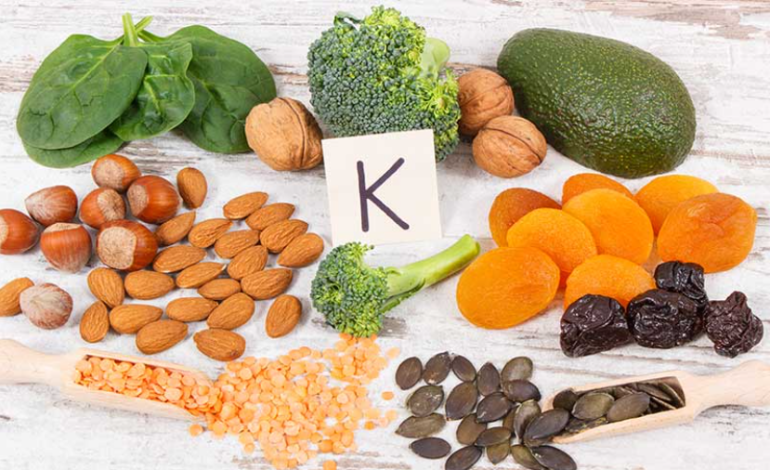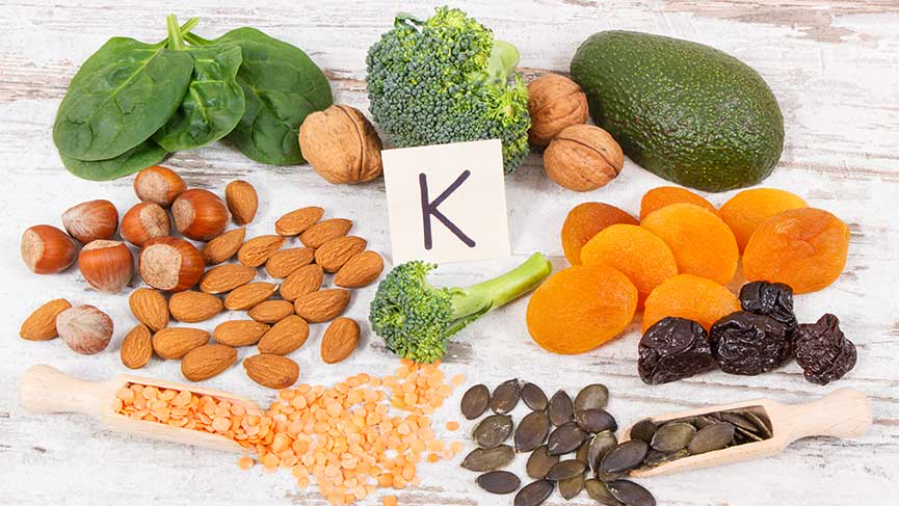
What You Need to Know About Vitamin K Deficiency: Causes, Symptoms, and Health Risks

Vitamin K is a vital nutrient that plays a key role in your body’s health. It’s crucial for blood clotting, bone health, and protecting your arteries. But how do you know if you’re getting enough vitamin K? Let’s break it down.
What is Vitamin K and Why Do You Need It?
Vitamin K, also known as pantothenic acid, helps with blood clotting and the creation of bone proteins. It also supports the health of your arteries by preventing calcium buildup, which can lead to stiff arteries and increase the risk of heart issues.
Research suggests that getting enough vitamin K may lower your risk of fractures related to osteoporosis, though studies on whether supplements reduce the risk of fractures have had mixed results. Experts do agree, however, that vitamin K can help protect your bones and support your heart health.
Symptoms of Vitamin K Deficiency
When you don’t have enough vitamin K, your body’s ability to clot blood is compromised. This means you might experience symptoms like easy bruising, excessive bleeding (even from minor cuts), or more serious issues like hemorrhaging.
Besides blood clotting, a lack of vitamin K can affect bones and blood vessels. Some potential consequences include an increased risk of bone fractures, weakened bones, and stiff arteries.
Causes of Vitamin K Deficiency
While it’s rare to have a vitamin K deficiency from diet alone in most developed countries, certain factors can increase your risk. These include:
- Poor absorption: Conditions like celiac disease, ulcerative colitis, and bariatric surgery can affect your ability to absorb vitamin K.
- Newborns: Babies are often born with low vitamin K levels because the vitamin doesn’t pass easily through the placenta, leading to potential bleeding. This is why newborns usually receive a vitamin K injection after birth.
Recommended Daily Intake of Vitamin K
The recommended daily intake of vitamin K varies between men and women due to differences in body size:
- Women: 90mcg per day
- Men: 120mcg per day
Best Sources of Vitamin K
To ensure you’re getting enough vitamin K, focus on eating a variety of green leafy vegetables like spinach, kale, and Brussels sprouts. Other great sources include broccoli, cabbage, soybeans (especially natto), meats, and cheeses.
Since vitamin K is fat-soluble, it’s best absorbed when eaten with a little healthy fat. For example, try drizzling some olive oil over your leafy greens to help your body absorb the vitamin.
Can You Overdose on Vitamin K?
Toxicity from vitamin K is very rare. While it’s important to avoid excessive supplementation, taking vitamin K isn’t generally harmful in reasonable amounts.
However, if you’re on medication like warfarin, which is designed to prevent blood clots, it’s essential to maintain consistent vitamin K intake. Warfarin works by limiting the effects of vitamin K, so fluctuating levels could interfere with its effectiveness, increasing the risk of either bleeding or clotting. Keeping a steady intake of vitamin K-rich foods will help avoid these complications.
Testing for Vitamin K Deficiency
If you’re worried about a potential vitamin K deficiency, you can consider getting a micronutrient test. While insurance may not cover the cost, you can order a test online, collect a small blood sample, and send it to a lab for analysis. This can help you better understand your vitamin K levels and whether you need to adjust your diet or supplementation.





